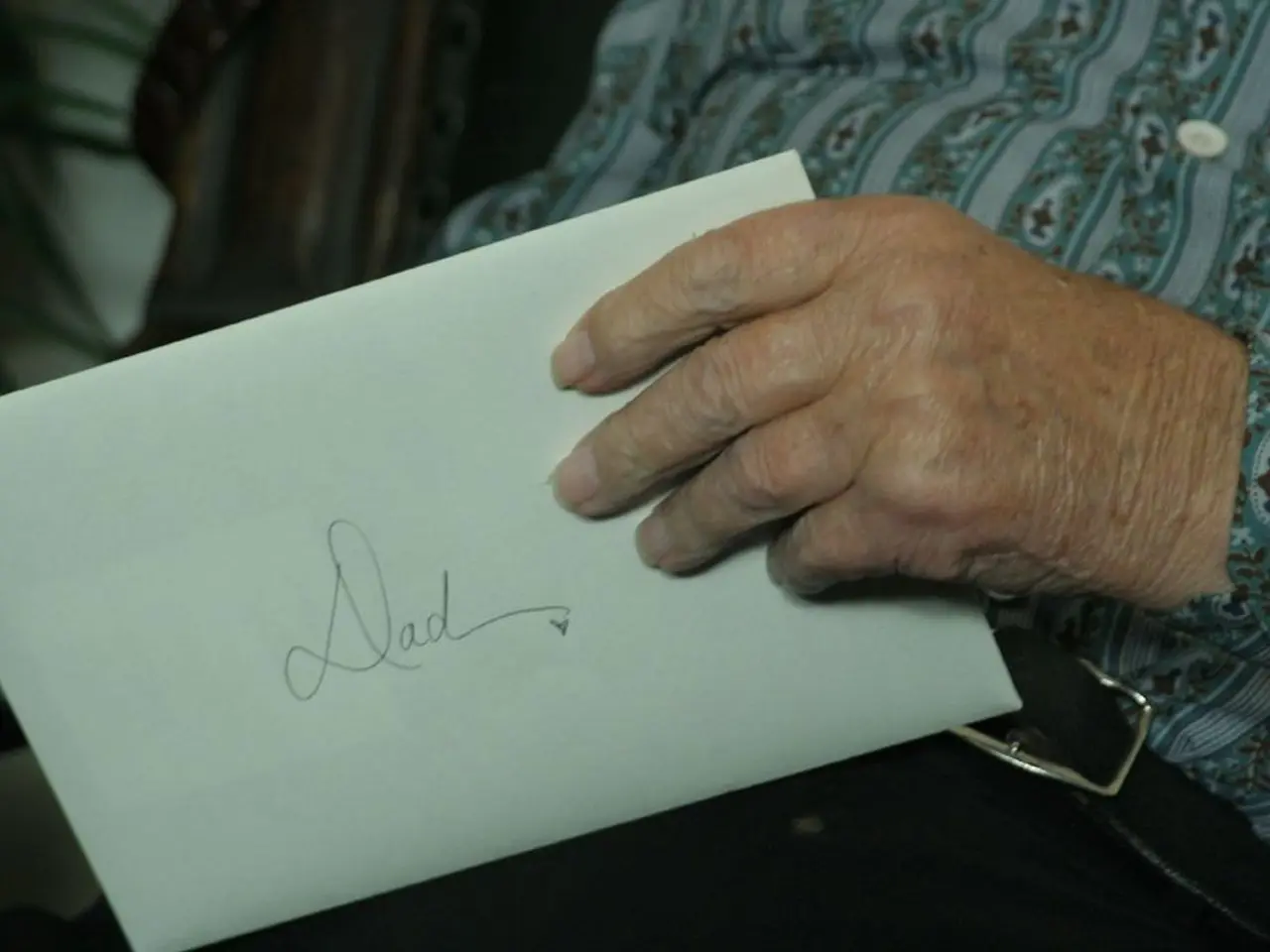Israeli Prime Minister Benjamin Netanyahu sends firm correspondence to leaders acknowledging Palestinian statehood, criticizing them for perceived weakness
The United Nations General Assembly is set to convene on September 23, with a contentious issue on the agenda: the recognition of Palestine. This issue has divided world leaders, notably Israel's Prime Minister Benjamin Netanyahu and several European countries, including France and the UK, as well as Canada.
The disagreements stem from fundamentally different views on the legitimacy, security implications, and political consequences of recognizing a Palestinian state. Netanyahu vehemently opposes recognition, viewing it as a threat to Israel's security and survival, while European countries and Canada support it as a necessary step toward peace and self-determination for Palestinians.
Netanyahu dismisses the idea of Palestinian state recognition as "national suicide" for Israel. He argues that previous offers of statehood to Palestinians were rejected because their true goal is the destruction of Israel, not peace. He sees ongoing territorial control, including annexation plans and housing projects in the West Bank and Gaza, as essential to Israel’s survival and rejects international pressure for a two-state solution.
On the other hand, countries such as France, the UK, Spain, Ireland, Canada, and Norway have either recognized or plan to recognize Palestine. They emphasize that this move is necessary to uphold Palestinian rights, prevent further destruction, notably in Gaza, maintain the viability of the two-state solution, and promote regional peace and security.
The escalating disagreements between Israel and its European/Western allies have led to increased diplomatic tensions, potentially complicating cooperation on broader international issues. The disagreements also pose challenges to the two-state solution, with Israel’s refusal and annexation plans seen by many as undermining territorial contiguity for a viable Palestinian state, while recognition efforts are intended to reinforce that solution.
Moreover, the ongoing conflict and humanitarian crises in Gaza persist without a political resolution, intensifying international concern. The aid restrictions and hostilities have added to the humanitarian and security implications, further complicating the situation.
Political polarization in international forums is another implication, with countries divided over how to respond to the Israeli-Palestinian conflict, affecting UN deliberations and peace process initiatives.
Netanyahu has not only criticized France for its plans to recognize Palestine but has also accused French President Emmanuel Macron of fueling anti-Semitism by supporting a Palestinian state. Similarly, he accused Australian Prime Minister Anthony Albanese of betraying Israel and abandoning Australia's Jews. The spat between Israel and Australia escalated due to Australia denying visas to hardline Israeli figures, prompting Israel to bar diplomats.
In his letter to Macron, Netanyahu stated that recognizing Palestine encourages the anti-Semitism now stalking the streets of France. He also accused the recognition of rewarding Hamas terror, hardening Hamas's refusal to free hostages, and encouraging the anti-Semitism in France. In his letter to Mr. Albanese, Netanyahu mentioned a spate of incidents at Jewish sites in Australia, which he considered a "campaign of intimidation".
As the UN General Assembly approaches, the future of the Israeli-Palestinian conflict remains uncertain, with deep-rooted disagreements and rising tensions between world leaders. The stakes are high, with peace, security, and humanitarian concerns hanging in the balance.








